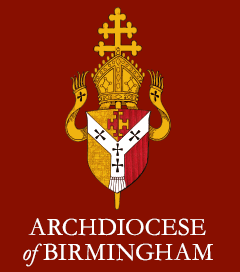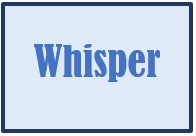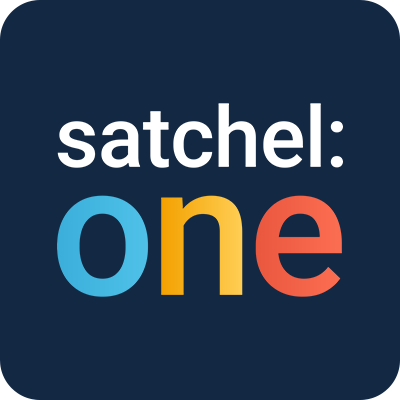Literacy
‘Lifelong literacy and learning.’
At Greyfriars we firmly believe that literacy is an essential skill to enable students to read and write as experts in every subject across the curriculum. These skills are vital to make sense of the world around us. As such, the better we are at these skills the more successful we can expect to be in life. At Greyfriars we recognise that improving literacy can have an impact on students’ self-esteem, motivation, behaviour and attainment.
We believe that reading, and particularly reading for pleasure, has a direct impact on cognitive and social communicative development. It has been shown to improve health and wellbeing, as well as improving compassion and empathy for others. Our aim is to develop each student’s potential to the point where they are reading at, or above, their chronological age. Baseline data will inform us of individual intervention need.
At Greyfriars, we:
- Celebrate reading for enjoyment
- Explicitly teach vocabulary appropriate to each subject area
- Use effective strategies to support comprehension and vocabulary acquisition
- Promote classroom talk to enable quality written work
- Provide intervention where needed
READING ACROSS THE CURRICULUM
Twice a week in KS3, students will begin English lessons reading a book of their choice in silence. English teachers will support students in making book choices and monitor their progress through texts. In addition, all students in Years 7 and 8 are enrolled on the Accelerated Reader Programme. Some students in Years 9 and 10 will have an adapted Accelerated Reader programme to boost their reading comprehension. Within Accelerated Reader (AR) students take an on-line assessment called a STAR test which gives them an individual ZPD (Zone of Proximal Development). Students then choose a book from our well-resourced library which corresponds to their ZPD level. Once they have finished reading their book they take an on-line quiz and gain immediate feedback on their comprehension skills. Students earn points for each quiz they take and we run competitions to encourage students to really try their best.
Across the curriculum, students will have the opportunity to read non-fiction articles relating to each subject area. This will broaden students’ understanding of the world around them and introduce them to key vocabulary needed to become fluent readers.
Finally, reading is supported in tutor time. Throughout the year, tutors will share novels, opening chapters, articles and non-fiction with their tutor groups to promote reading as widely as possible.
“Reading is the gateway skill that makes all other learning possible”
Barack Obama
LITERACY INTERVENTION
All students are reading age and spelling age tested. This, along with evidence from teachers about progress in lessons, allows us to create a literacy profile for each child. Some students will be identified as needing additional support to access the curriculum. These students will have targeted intervention (either one-to-one or small group), accelerated reading lessons and sixth form buddy reading support (Years 7 and 8 students). Students are closely monitored to check their progress.
VOCABULARY ACROSS THE CURRICULUM
At Greyfriars we are committed to empowering students by widening their vocabulary. We are ambitious and aspirational with regard to vocabulary acquisition. We understand the impact that vocabulary has on quality of work, progress, and the ability to express ideas and concepts. Each subject has a published vocabulary list that allows students to speak and write as experts. Vocabulary is tested through low-stakes quizzing in lessons and vocabulary tasks are set frequently for homework.
Vocabulary is explored fully in all subject areas. Students experience reading key words in context, use new vocabulary in their written work, and develop confidence with new vocabulary in speaking tasks.
ORACY ACROSS THE CURRICULUM
We understand the link between confident, fluent reading and confident, articulate speaking. At Greyfriars, opportunities for talk in the classroom are planned and deliberate. Students learn language across the curriculum to support their oral contribution. Opportunities exist in every subject to prepare speech, such as presentations, debates, discussions and the oral rehearsal of written work.
The English department hosts a Speak Out challenge in which students are invited to perform a speech, a drama piece or a spoken word poem. Extra-curricular opportunities include Debate and Public Speaking club.
ADDITIONAL LITERACY OPPORTUNITIES
There are many literacy enrichment activities. As well as World Book Day, termly reading and writing competitions, creative writing club and the Library organises a number of special events throughout the year. Students have visited bookshops, attended author workshops and talks, and we will be running a school book award this year.
Year 7 parents are invited to an information evening in Term 1 to learn about literacy strategies to support children at home. At this event there is also an opportunity to speak with staff involved in coordinating literacy across the school.
We welcome requests and enquiries from any parent who would like more information about literacy.
“Acquiring literacy is an empowering process, enabling millions to enjoy access to knowledge and information which broadens horizons, increases opportunities and creates alternatives for building a better life.“





